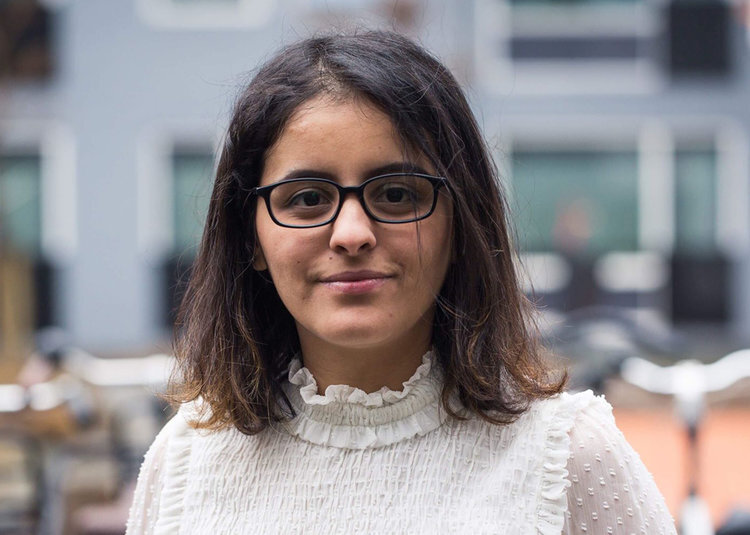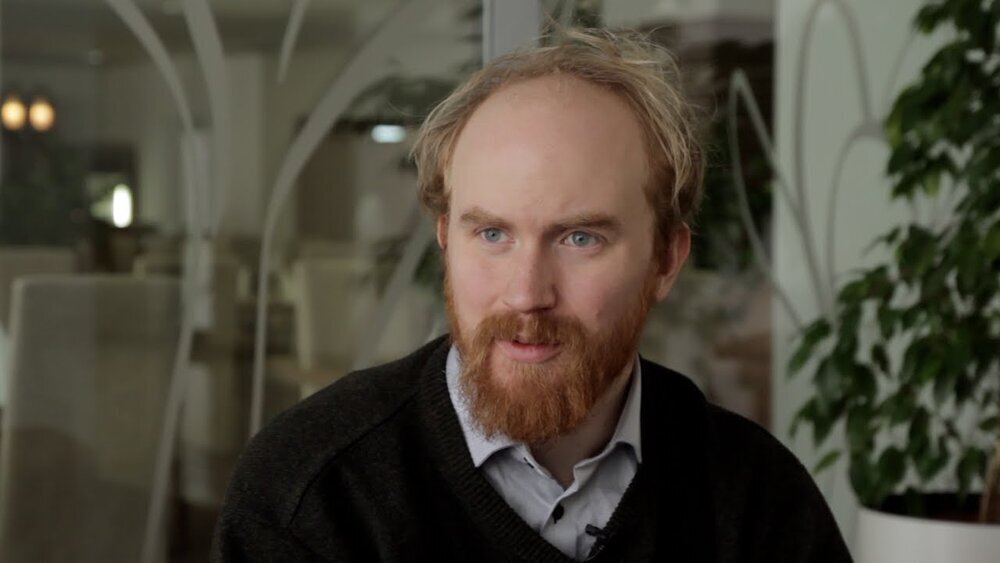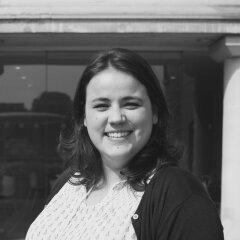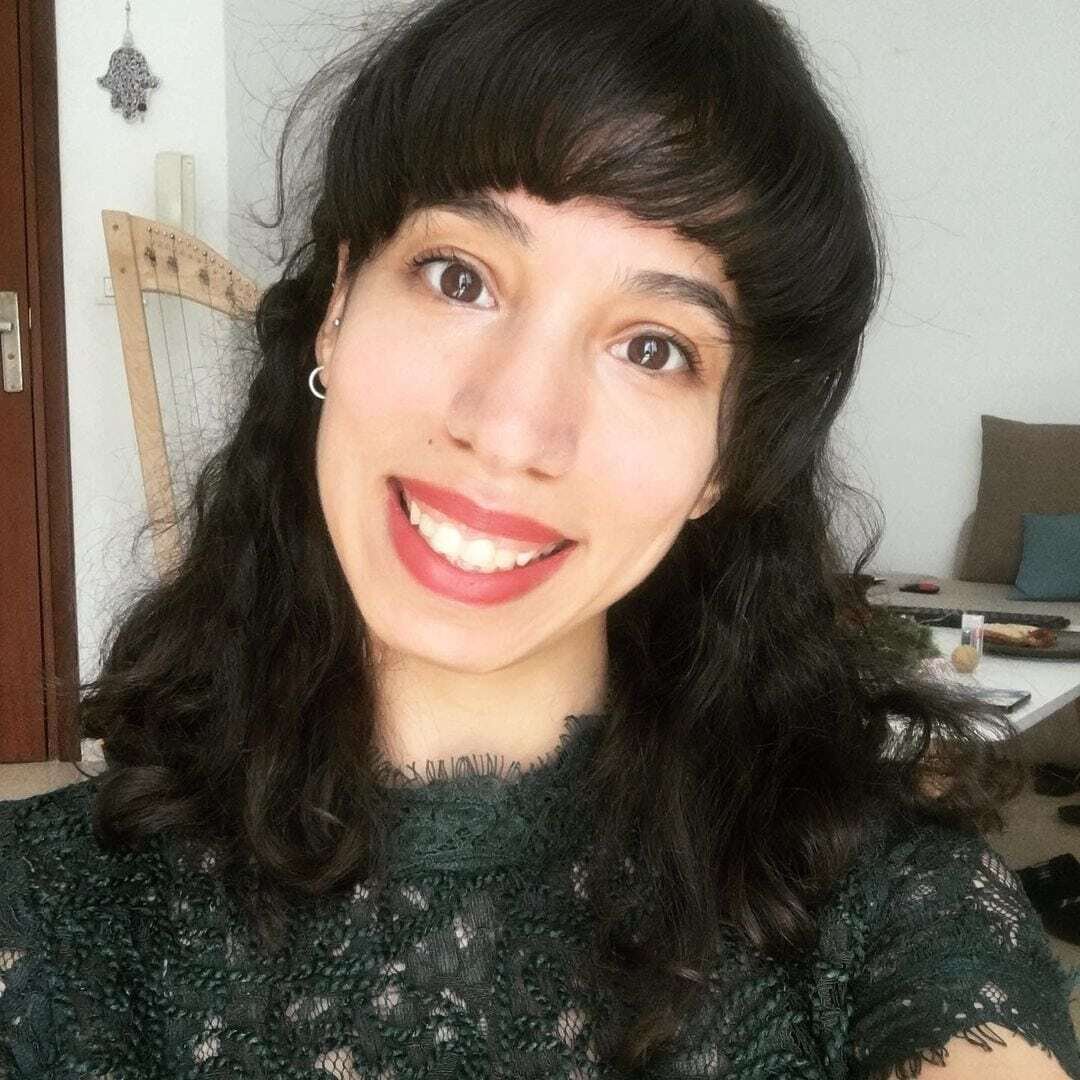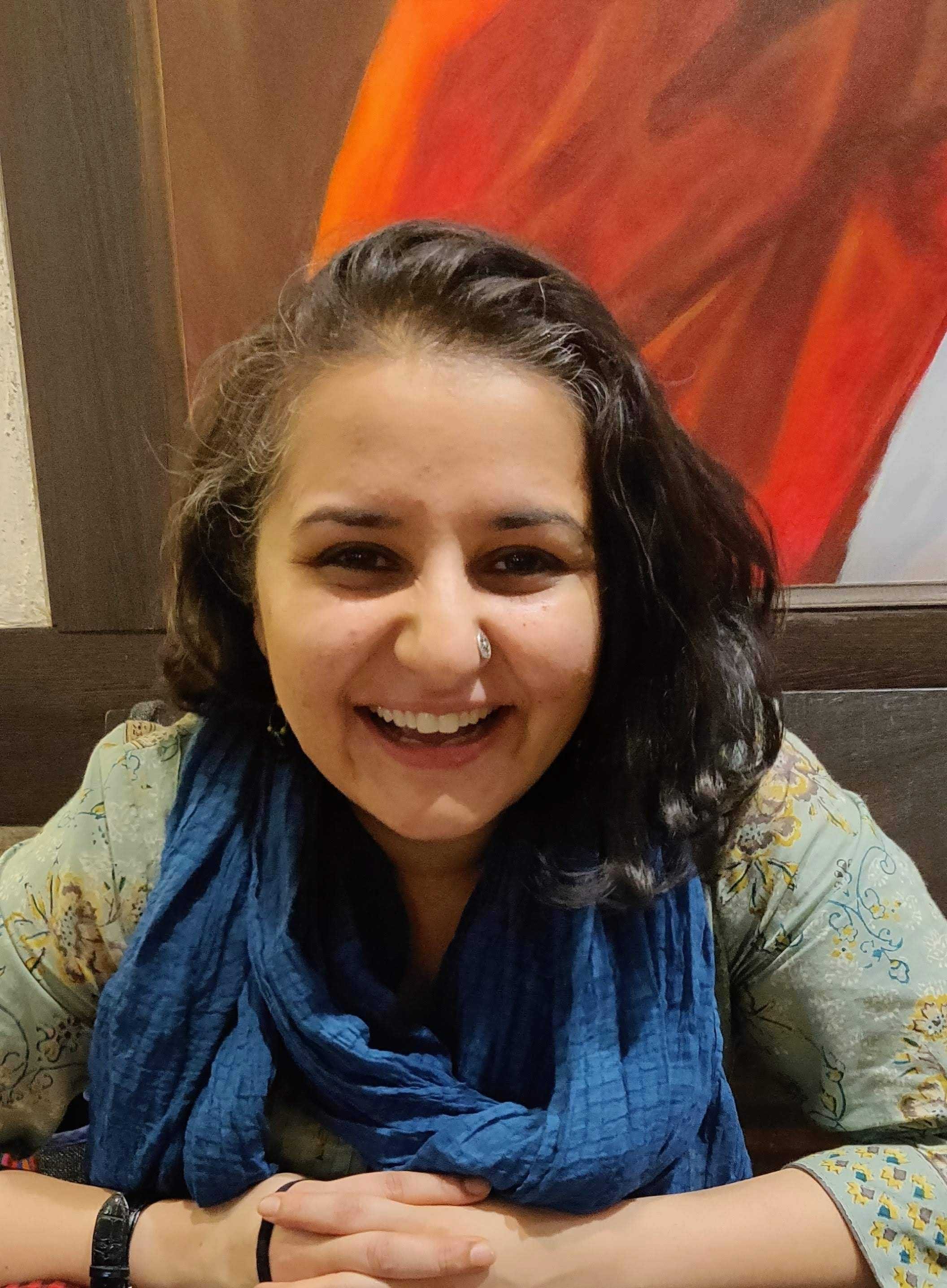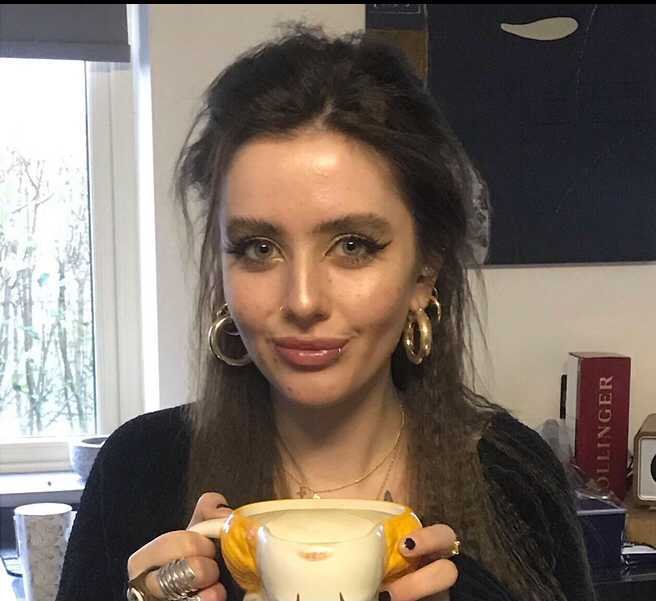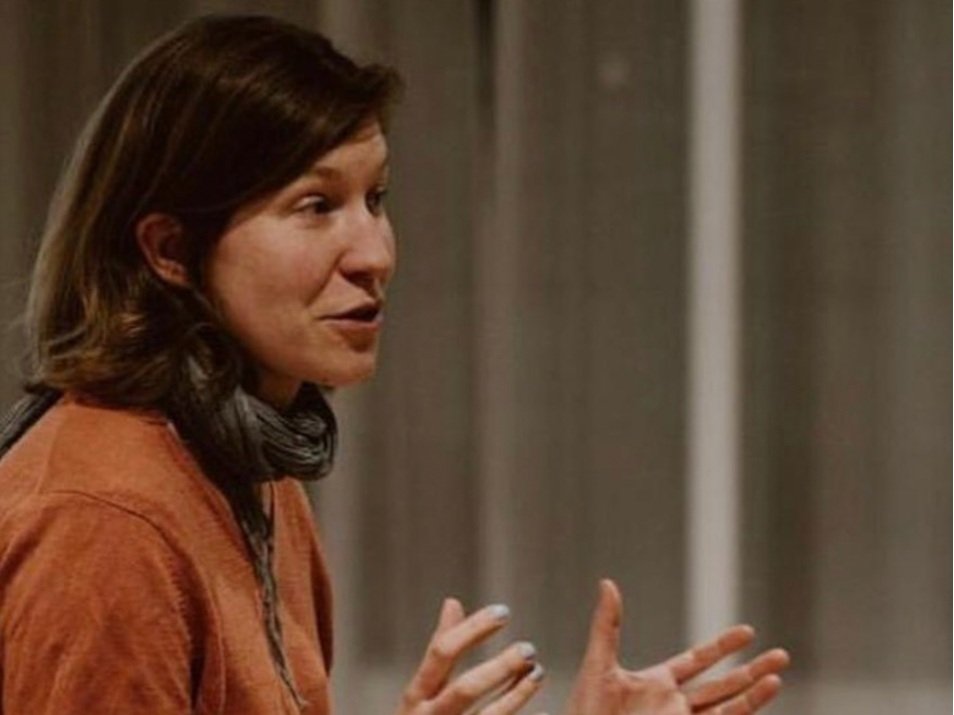The work of The Khalifa Ihler Institute has since its inception in 2016 reached thousands of engaged individuals and organizations around the globe both through our advocacy efforts, lectures, talks, workshops, trainings, and published writing.
While measuring direct impact is hard in a world where many actors work in different ways towards the same goal we know we have had a direct impact on policy both at the state-level, such as on national policies in the European Union on the approach to the treatment of youth going through radicalization processes, as well as on the work and thinking of international organizations such as the UN and OSCE in their understanding and approach to challenging violent extremism.
We have also seen larger societal shifts such as changes in how the public views violent extremism, among others in places where we have worked to push for a more balanced approach when it comes to focusing on violent extremism as the violent denial of diversity rather than the single-minded focus we saw in the past on Islamist extremism, which fuelled the far-right and led to the alienation of Muslim communities.
In areas where we work we see increased recognition of the rights of minority populations, among others through recognition of native languages as a national language, and through the representation of minorities, women, and youth in national, international, and local processes for peace, justice, and reconciliation.
Working with a range of partners we have also led the charge in the adoption of UNSCR 2250 which guarantees youth a seat at the table in peace processes. We have represented youth at the highest levels in the United Nations and ensured that the voices of young activists have been heard by state leaders as well as leaders in the private sector throughout multiple consultations, panels, lectures, and meetings.
We've seen our work lead to a real change in how grassroots organizations globally work to counter and prevent violent extremism and have also seen that lead to a real change in peace processes where youth and grassroots organizers are represented at unprecedented levels. We still have a long way left to go in this and are working to strengthen the real representation of both youth, women, and non-violent grassroots in the various peace process we engage with.
These changes are long journeys, and stepping stones towards longer, more impactful change. We're thankfully not alone in fighting for the things we believe. We firmly believe both in partnerships for change and also in the interconnected nature of our work, meaning that we happily contribute to and also support activists that might be more indirectly connected to what we do, such as those fighting against climate change, etc / it's good to see things going in the right direction in what we believe in and have been working for, even if direct causality of an impact sometimes is really challenging to track accurately.
Through international networks and collaborations, as well as by providing workshops and resources to activists and advocates from around the globe we are proud and happy to have a reach far beyond the borders of these countries.
